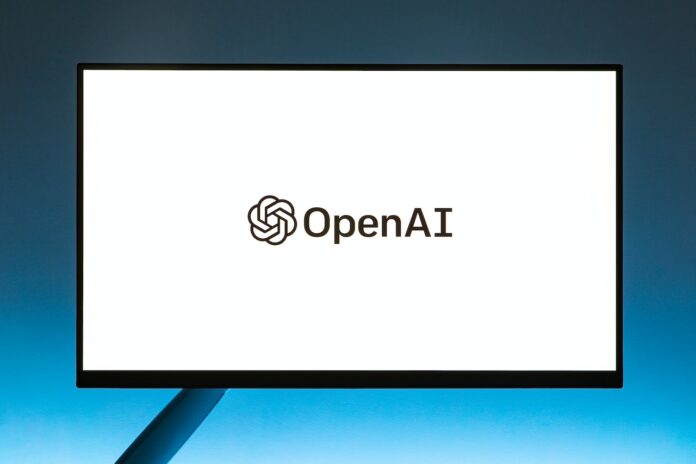The co-founder of Microsoft said that in 2016, he first met the OpenAI team and was impressed by them
AI has become the most-talked about tech in recent times. A lot of it is down to OpenAI’s chatbot ChatGPT, which brought AI in to the mainstream narrative. This is the impact of AI and ChatGPT that Bill Gates calls it the most “revolutionary” tech in 40 years.
From GUI to GPT:
In a blog post, Gates said that the last thing which actually struck him revolutionary was graphic user interface. “I sat with the person who had shown me the demo, a brilliant programmer named Charles Simonyi, and we immediately started brainstorming about all the things we could do with such a user-friendly approach to computing. Charles eventually joined Microsoft, Windows became the backbone of Microsoft, and the thinking we did after that demo helped set the company’s agenda for the next 15 years,” wrote Gates.
The co-founder of Microsoft said that in 2016, he first met the OpenAI team and was impressed by them. Last year, OpenAI was given a challenge by Gates to pass an Advanced Placement Biology exam. “I picked AP Bio because the test is more than a simple regurgitation of scientific facts—it asks you to think critically about biology.) If you can do that, I said, then you’ll have made a true breakthrough.”
Gates said that he thought it would take them 2-3 years to complete the challenge but they finished in months. Gates was awestruck when the AI model in a 60 multiple-choice questions from the AP Bio exam got 59 of them right. “Then it wrote outstanding answers to six open-ended questions from the exam,” he wrote.
But that wasn’t the clincher. Gates asked a non-scientific question: “What do you say to a father with a sick child?” “It wrote a thoughtful answer that was probably better than most of us in the room would have given. The whole experience was stunning. I knew I had just seen the most important advance in technology since the graphical user interface,” he said.
“The development of AI is as fundamental as the creation of the microprocessor, the personal computer, the Internet, and the mobile phone,” he said, before adding that it “will change the way people work, learn, travel, get health care, and communicate with each other.”






